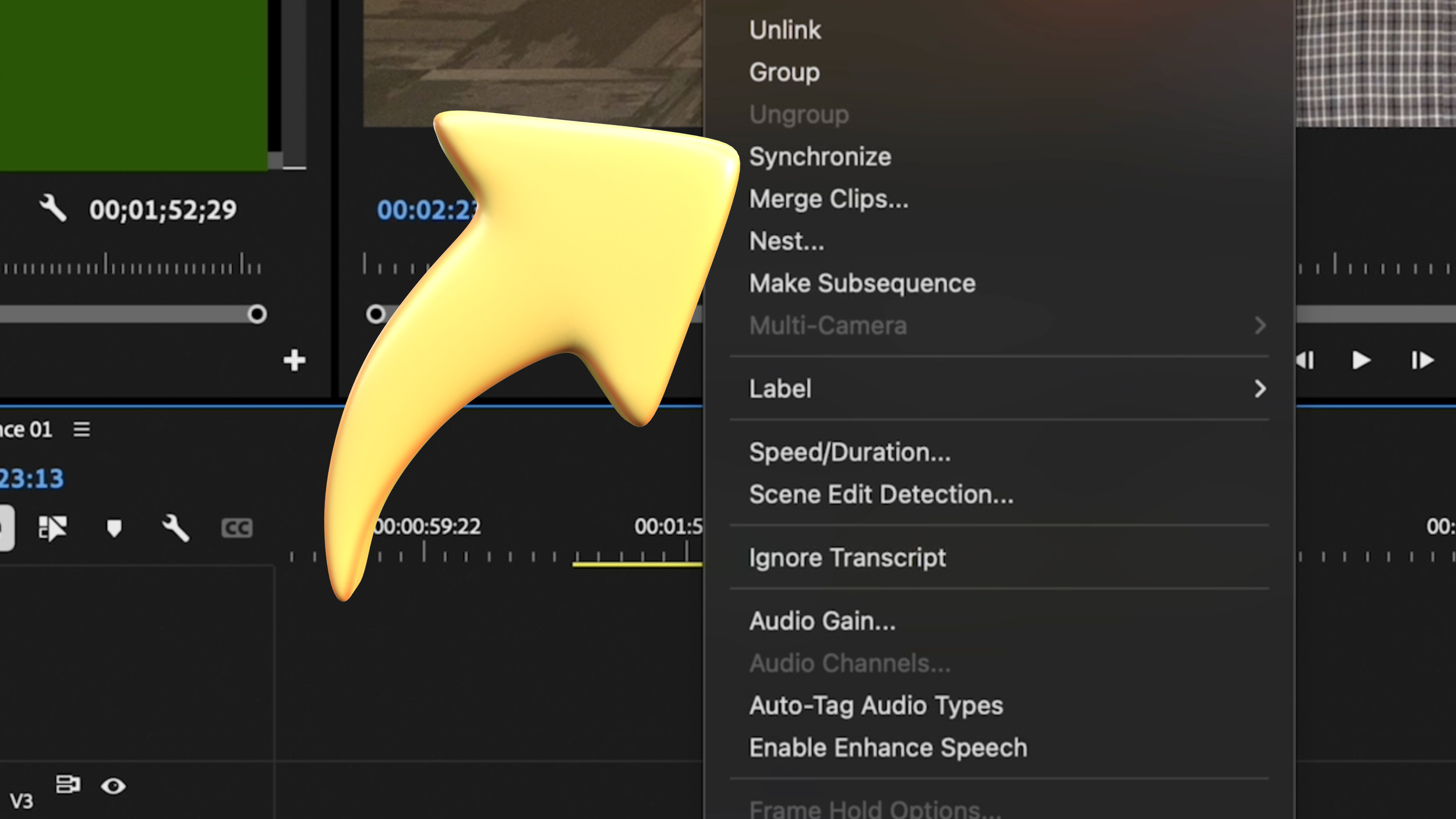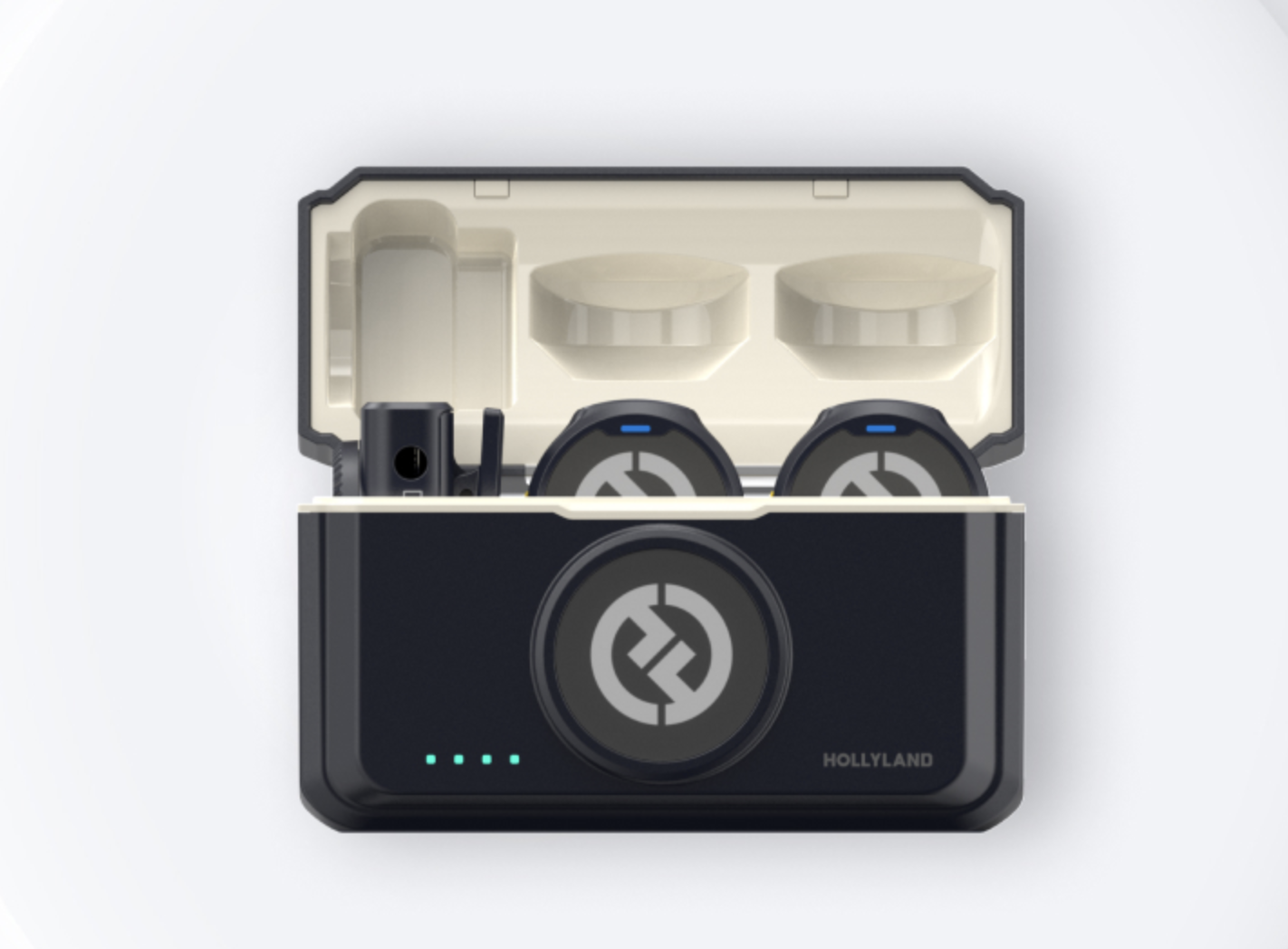5 Things You Should Stop in 2025
A new year is often seen as a time to start new things - diets, workout plans, etc. I think sometimes it’s just as important to stop doing things. Especially if they are negatively impacting you or your classroom. Here are the top 5 things I believe you should stop doing in 2025 to keep your sanity, engage more students, and grow your program.
Fighting against editing APPs
I have wrestled with this a ton. I have a ton of feelings about students using mobile apps to create content for classes. The ultimate truth is that those apps are being used at every level of the video production world. It’s time to stop fighting against them and start embracing them for several reasons:
To create better content more quickly
Engage students to learn how the templates are created
Prepare the students for the next level
Obviously, getting great content out is a goal of any program (or it should be) so using mobile apps (Cap Cut, Adobe Express, etc) is a great way to do that and help tell the stories you are trying to get out to your stakeholders.
A major downside of the editing apps is that students don’t understand the time and talent it takes to create the content without the apps but that could actually be a good thing for you as the students progress. This may be a way to engage them to build their own templates.
Holding Your Students Back
I did this and didn’t realize it for a long time. I held students back simply because I wasn’t comfortable with what they were doing. I see this a ton when it comes to doing broadcasts. “The kids aren’t ready.” “They keep messing up.” “It’s got to be great to be seen by the school.” All of those are wrong. If your students were able to produce a perfect news show, you would not be needed.
Your program is a place for your students to grow. The only way for them to grow is to allow them to struggle a little, learn from mistakes, deal with adversity and overcome their own fears. They shouldn’t have to overcome your fears as well…
This is all aspects of a video program. Not just broadcast - Let them go out and shoot footage. Let them use equipment earlier than you are ready - Not every kid can go out and shoot immediately but you know the ones that can and you should reward them for that. It may actually encourage those that need a little more motivation to get up and do something. Nowhere in ANY education text book or professional development is it said that all students must progress at the same speed… They all actually say you will have to do different things at different times - it’s called differentiation. And to be honest, If you have kids that are struggling, it may help you to get the high achieving students out of the classroom, or working on something independently, for a bit to help give you time and space to work with those that need you the most.
Using only one editor in your workflows
This has been a hot topic at the last couple of professional development events that I have attended. For so long we have been brand loyal - “I only teach (insert editor) to my students because that’s what they use in (insert industry).”
That was true 10 to 15 years ago but now the market place is so fluid, it’s better to teach your students a little of as many editors as you can - including mobile apps. 15 years ago, “every” studio was on a mac using Final Cut. That is no longer the case. In that time, many have migrated to Adobe. And many of those have since migrated to Davinci Resolve.
Without a crystal ball, we don’t know what is going to happen in the world of post production but if we teach the students the key points of basic editing, it won’t matter what application they are using to create the content. The elements of production that happen before the editing application are as important if not more important. A good script, storyboard, and/or a shot sheet will free your students up to be able to use anything they can get their hands on for the post production process.
Doing the work for the students
In 2016, my program at the Rockdale Career Academy was named the NFHS Network Program of the year. I was elated. It was the culmination of many years of work, tears, and truthfully more learning by me than the students. I will never forget the day of the awards show. I was sitting in the back of my classroom that was darkened because the power saving features had turned off the lights due to lack of movement. The students had been gone for a while. I was just sitting there. It had been “one of those days.”
Then my phone blew up. My video teacher family had watched the awards show that I completely forgot about. (That’s how bad of a day it was.) I was blown away. We had been a finalist the year before but didn’t win. The win was sweet and it came on the night of the spring student awards ceremony.
A week or so later, I was streaming a baseball game and I was stressed out! Two kids had bailed at the last minute so I was doing what we all do - “making it happen.” It was at that moment I had an existential crisis… “My program was a paper tiger.” It looked great from the outside. It looked like I had a ton of students doing great things but instead I felt like the puppetmaster. I was putting in a TON of hours to prop up this image. This was not what I wanted. To be honest, I despised the programs that you could tell were driven solely by the teacher’s work and not the students.
Luckily my wife later talked some sense into me. She affirmed that yes, I was doing a ton of work and spending a ton of time working but asked how many kids were working with me - not at a single event but at all of the events collectively. That helped pull me out of my funk but made me even more aware of the fact that a lot of times, I was doing the work FOR the students not WITH the students. I never allowed that to happen again. If I couldn’t get a student to do it, and it wasn’t mission critical, it just didn't get done.
Expecting perfection (My name is on it - it has to be perfect to be seen)
I literally had this conversation yesterday:
“Well we aren’t going live so I am going to record it in the Tricaster then put it in Premiere to edit it” - Teacher
“Then why did you buy a $20,000 Tricaster?” - Me
“To make it easier” - Teacher
“The Tricaster does everything that you are going to do in Premiere in the amount of time it takes to record your show.” - Me
Utlimately what we arrived at was that the teacher is more comfortable with Premiere Pro than the Tricaster so they felt that they could better control the production quality via Premiere Pro and that made THEM more comfortable while holding the students back.
I am a news nerd. I am usually up way earlier than I should be and I watch at least 30 minutes of local news each morning. I watch it like an offensive coordinator watches game film. EVERY day, I see a mistake or five. It may be a typo in the graphics, a bad take to a clip, audio that isn’t right… This happens EVERY DAY. The people producing those shows are professionals with often decades of experience and they make those mistakes, your students will too!
The same goes for movies and tv shows that I watch. There is a reason that there are entire pages dedicated to continuity errors in movies. Let me ruin some of your favorite movies here.
Your role as a teacher isn’t to make sure the products that leave your space are perfect, your role is to help your students produce those projects, learn processes while producing the projects, and lessons in review of the projects.
I am 100% not saying you should let just anything go out. Instead, I am saying hold your students to a high level of performance and get them to that level. Not every student work is something that should represent your program and none of the student works should be touched by you other than a pointer, demonstration, or suggestion… Let the kids work.
Meet the Author, Tom White
Tom White is the Education and House of Worship Specialist at Amitrace. Tom's role is to help educators build better programs through better training, planning, and equipment. Before joining Amitrace, Tom was the Broadcast Engineer at Grady College of Journalism and Communication at the University of Georgia. Prior to that role, Tom taught at Morgan County High School and Rockdale Career Academy where he and his student produced thousands of live streams for sports, news, and community events. Tom’s program at the Rockdale Career Academy received the NFHS Network Program Of The Year in 2016 and his program at Morgan County High School received the New Program of the Year title in 2018. Tom has been a long time contributor to many publications and is the host of Teaching to The Test Pattern Podcast.









Got shaky footage? No problem! In this quick tutorial, learn how to use Warp Stabilizer in Adobe Premiere Pro to smooth out your shots effortlessly.